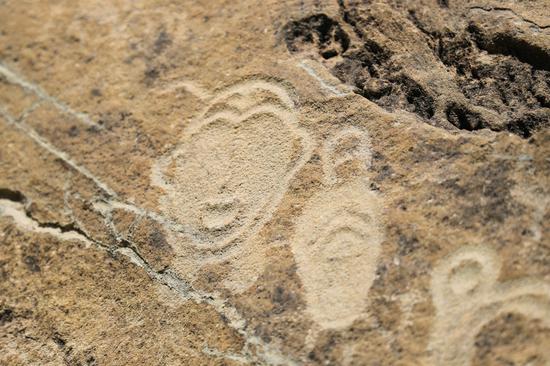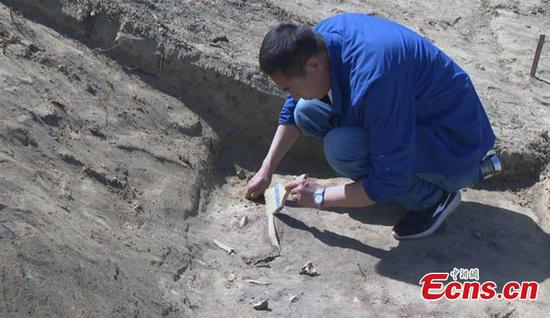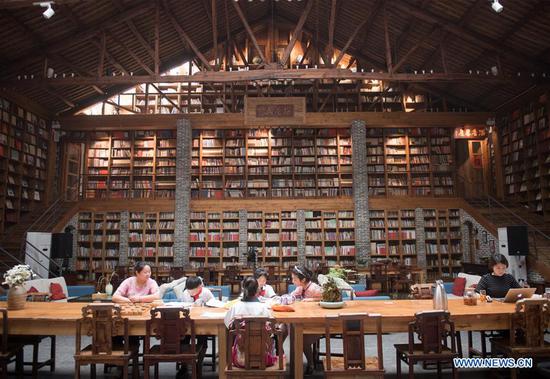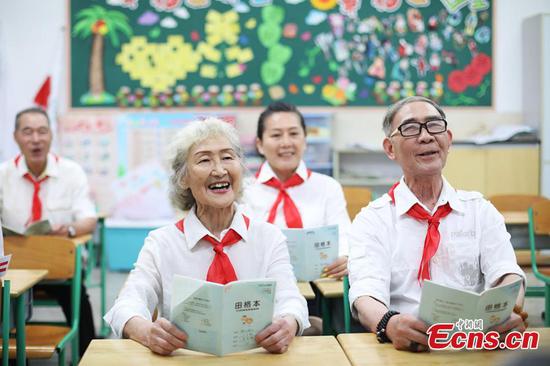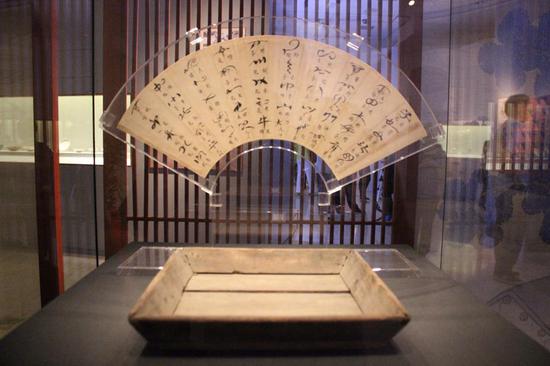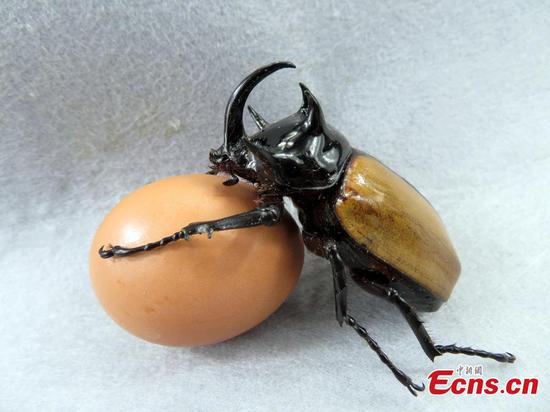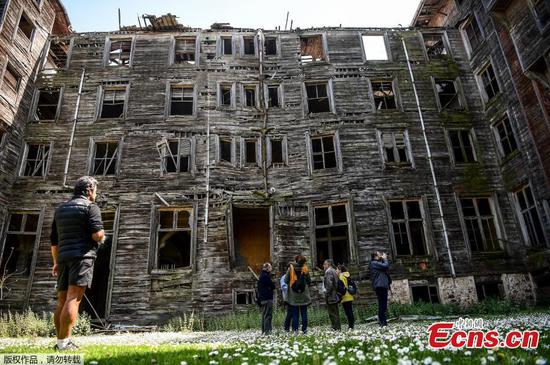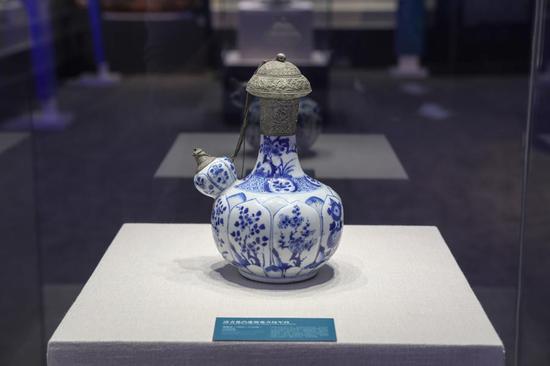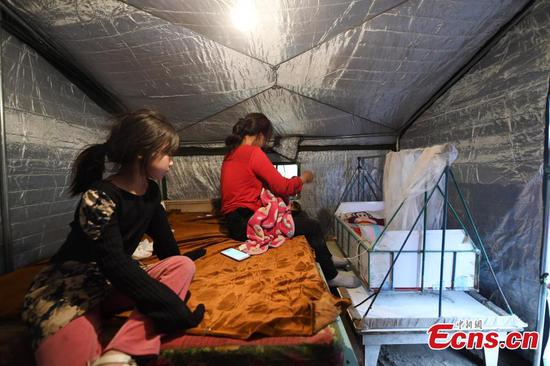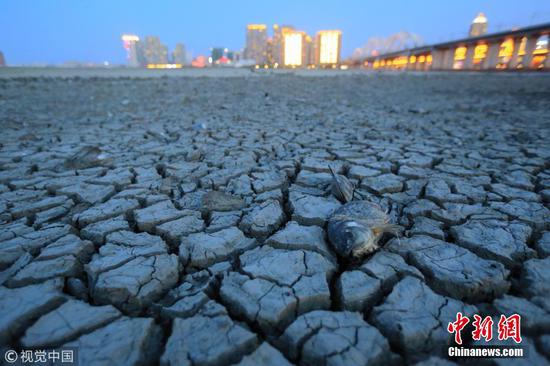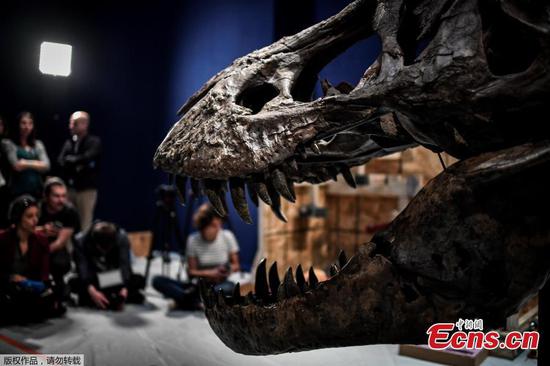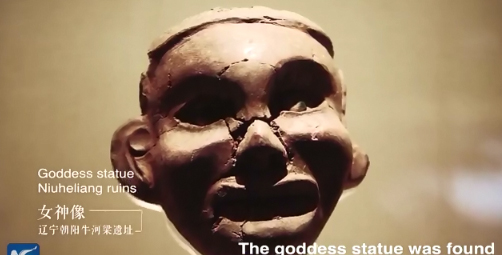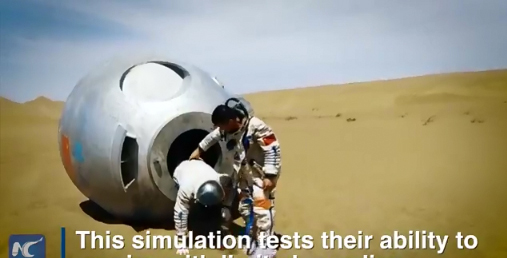?
In China, algorithms crunching mountains of data has shown their ability to improve people’s lives. Artificial intelligence (AI) is reporting breakthroughs in detecting cancer.?
In the country, more than 2.7 million people die of cancer every year – meaning cancer kills more than five Chinese people every minute.
Dr. Xu Guoliang is the head of the Department of Endoscopy and Laser at Sun Yat-sen University Cancer Treatment Center. He’s been trying to detect cancer in its earliest stages – which can improve patient’s chances of survival. Xu is an endoscopy specialist working at one of the largest cancer treatment centers in southern China.
He searches for tumors inside body cavities and hollow organs like the stomach. While the WHO says stomach cancer is a leading cause of death in China, there aren’t enough Chinese doctors like Xu.
Xu told CGTN that five years ago, there were only about 29,000 qualified endoscopy doctors in China. But, according to their estimates, there are 120 million patients that need to do endoscopy each year. That means China has to increase the number of doctors 50 times to meet that demand. Clearly, "that’s almost impossible,” Xu added.
?
So, Dr. Xu turned to AI for help. His hospitals have been working with Internet giant Tencent, hoping to develop an AI clinical diagnostic system called Miying.
According to Xu, each endoscopy examination will produce 48 images that’ll be simultaneously sent to Tencent’s database. And the AI system will give feedback in four seconds. Based on a huge pool of data, it’ll suggest which position could the cancer lesion.
Xu said AI’s accuracy in diagnosing some types of cancer early is as high as 90 percent, and AI’s accuracy is still improving.
Patients in China’s first-tier cities may still prefer human doctors at the best hospitals, but for the one billion-or-so people living in less-developed areas with limited medical resources, AI promises a huge benefit.
Zhou Xuan, a senior product director of the Miying AI project of Tencent said, “AI is able to learn from 'big data'. That’s what humans can’t do. We hope the system can reach remote areas and grassroots hospitals in China, where patients can get a diagnosis as accurate as the ones in first-class hospitals in big cities.”
The Chinese government is part of a global trend.
Last November, it announced plans to build a national platform for AI diagnostic imaging – a commitment to AI as a pillar in the future of Chinese medicine.
The British government says in the next 15 years, AI could prevent more than 20,000 cancer deaths a year. And, scanning cell images, US researchers have shown AI can distinguish types of cancer in most cases with nearly 100-percent accuracy.









